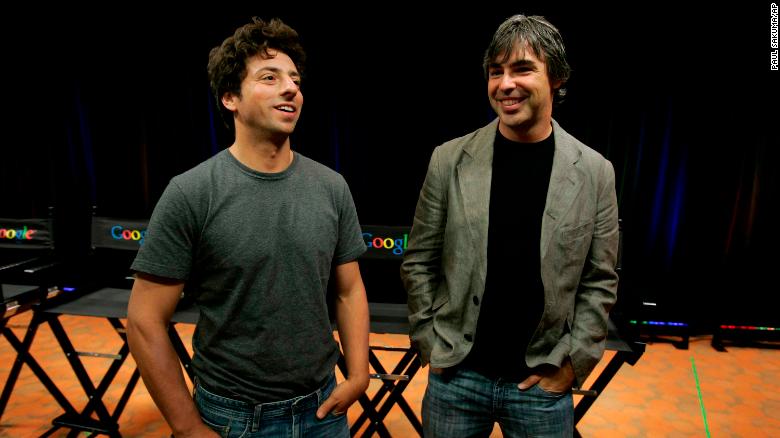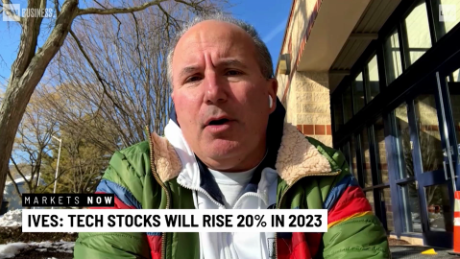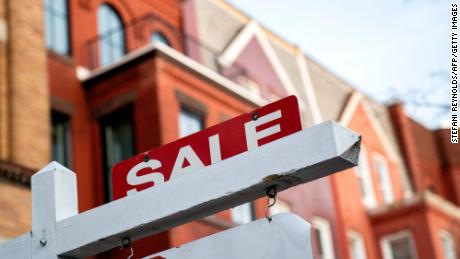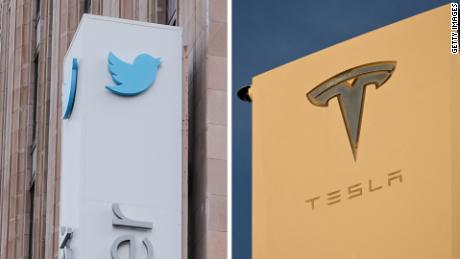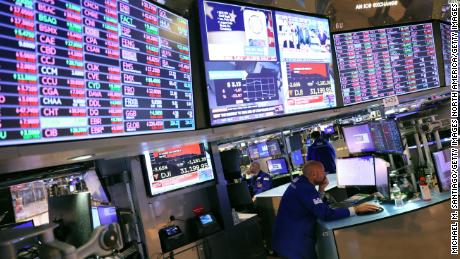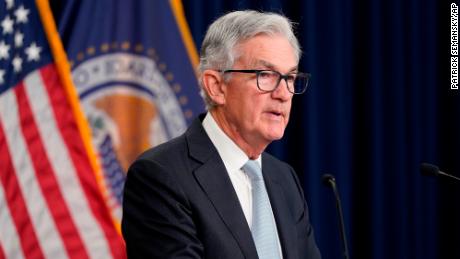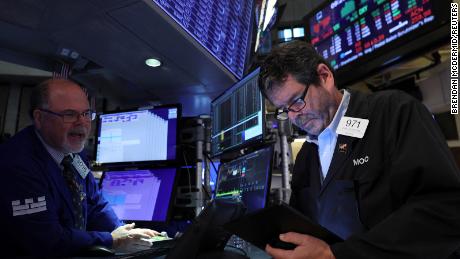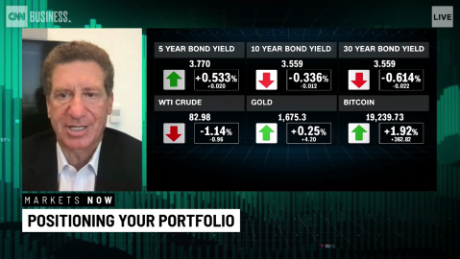London (CNN Business)A version of this story first appeared in CNN Business' Before the Bell newsletter. Not a subscriber? You can sign up right here.
Apple. Microsoft. Saudi Aramco. And now Alphabet.
The club of public companies worth $1 trillion added a new member this week, with Google's parent company topping that valuation on Thursday. It's the first time three American companies have been worth at least $1 trillion at the same time.
The view from Mountain View: Alphabet (GOOGL) shares have already gained more than 8% this year. The rise follows the December announcement that Google CEO Sundar Pichai would also take over as head of Alphabet, succeeding Larry Page. And the company's ad business remains a money-making machine. Ad revenues grew to nearly $34 billion in the third quarter of 2019, up 17% from the same period the previous year.
Amazon out: Apple became the first public company to pass the $1 trillion mark in August 2018 and has pushed higher since. Amazon, the second firm to hit that level, has dropped out of the club, but it still has more members than ever before.
The growing ranks of $1 trillion companies inevitably gets investors chattering about whether market valuations are a bubble waiting to pop. Years of ultra low interest rates and solid US economic growth have driven the longest bull market on Wall Street in history. The Dow, S&P 500 and Nasdaq all hit fresh records on Thursday.
But the consensus among analysts is that stocks still have room to run in 2020. Gene Munster, a veteran Apple (AAPL) analyst at Loup Ventures, sees Apple shares ŌĆö currently at $315ŌĆö rising to $350 a pop in 2020 and $400 in 2021.
Tech's dominance: Alphabet, Apple, Microsoft (MSFT), Amazon (AMZN) and Facebook (FB) are now worth a collective $5.2 trillion ŌĆö or nearly one fifth of the S&P 500.
China's weakest annual growth in 29 years
China's economy grew at its slowest pace in nearly three decades in 2019, my CNN Business colleague Laura He reports.
The announcement Friday wasn't unexpected, and Chinese officials insist that the country's economy will be stable this year. But it might be too early to say the worst has passed, according to analysts.
The numbers: China's GDP grew at a rate of 6.1% in 2019, in line with Beijing's targeted range. The country also reported that GDP grew 6% in the fourth quarter.
Big picture: China grew 6.6% in 2018. The slowdown last year is indicative of all the challenges facing the world's second largest economy, which is battling rising debt, cooling domestic demand and fallout from the trade war with the United States.
The "phase one" trade deal signed earlier this week removes a little bit of pressure, at least in the short term.
"The signing of the phase-one trade deal is a signal that the situation is unlikely to deteriorate," Chaoping Zhu, global market strategist at JPMorgan Asset Management, said in a note to clients.
But the trade war isn't over. US tariffs on many Chinese goods remain in effect, and Washington will use this as leverage as the two sides negotiate the next phase of their agreement. Plus, analysts from Citi, Nomura, and Invesco point out that it will be a challenge for China to fulfill its promise to increase imports of US goods by $200 billion over two years.
NBCUniversal makes its streaming play
The streaming field is becoming increasingly crowded. What better way to stand out than giving away your service for free?
Media and investors got a first look at NBCUniversal's Peacock on Thursday ŌĆö and the biggest surprise was the price point offered by parent company Comcast (CMCSA), my CNN Business colleague Frank Pallotta reports.
The company will offer a version of the service known as "Peacock Free," a no-cost, ad-supported option for any consumer, regardless of their cable provider. A premium version with additional content, including early access to NBC's late night shows, will be free to Comcast subscribers and cost $4.99 for everyone else. Want to ditch ads altogether? That will be $9.99.
Daniel Ives, an analyst at Wedbush Securities, called the plan to make money through commercials "a smart move" and a "key differentiator" that could help lure viewers from other platforms. Time will tell; the service launches to existing customers on April 15.
Up next
State Street (STT) reports earnings before US markets open.
Also today:
- US housing starts and building permits for December arrive at 8:30 a.m. ET.
- The University of Michigan consumer sentiment survey for January posts at 10 a.m. ET.
Coming next week: Corporate executives and political leaders head to Davos, Switzerland for a week of panels, parties and closed-door meetings.

